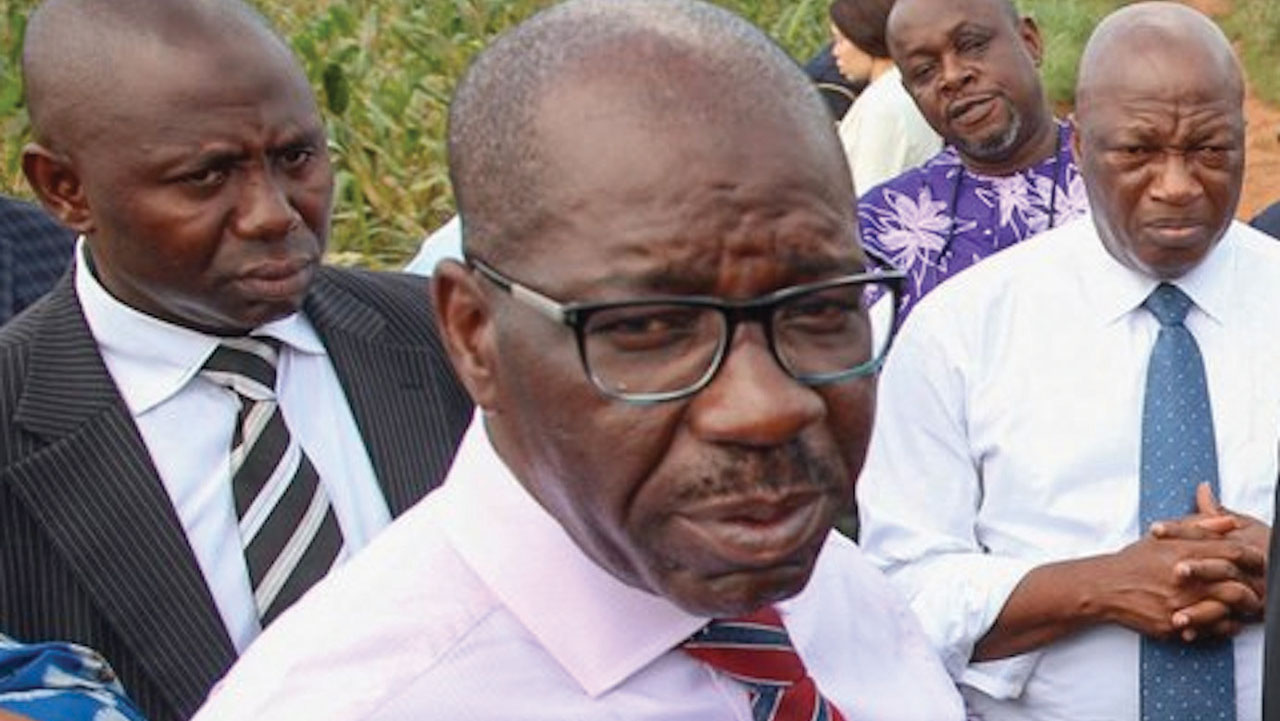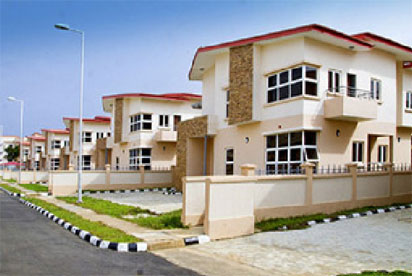
Hajia Amina Mohammed
The plot thickened still last week on the unfolding controversy over the reform of UN-Habitat, as the General Assembly kicked off a high-level meeting on a new UN approach to the rapidly urbanizing world.
Some of the diplomats that spoke at the forum were unanimous in their submissions: the proposal for UN Urban, an agency that would coordinate global approach to urbanisation should not be approved.
The most vocal opposition came from a negotiating bloc of African countries that have traditionally been among the strongest supporters of UN-Habitat, which is based in Nairobi.
New York-based, Minister Plenipotentiary, Nigeria Permanent Mission, Akinremi Bolaji endorsed the statement delivered by the Ecuadorian Minister María Alejandra Vicuña, who spoke behalf of the African Group and Ecuador on behalf of the G77 and China. She raised concerns about the funding, structure and scope of the proposed entity.
Bolaji recalled that during the various Prep-com meetings towards Habitat III, an attempt was made to put into the outcome document, a call for the devolving of some of UN-Habitat’s functions, to a new city agency to be created, “UN Cities”, to be located ostensibly in Europe. “The attempt was set aside thanks to bold and vigorous objections by the Group of 77 plus China with Kenya at the forefront,” he said.
“When the idea of City Agency was rejected, an alternative approach was tabled. This is the idea of the “Decade on Sustainable Urban Development” as an outcome of Habitat III. It is a common knowledge that “Decades” are declared with a coordinating leadership and, in some cases, a secretariat like UN Water, which is the secretariat for the UN Decade on Water, based in Geneva. This proposal seems to have evolved into UN Urban’
He revealed that a “Decade on Sustainable Urban Development” would require a team to coordinate the Decade and hence the creation of a secretariat. “The intention was not to locate the team within UN-Habitat but elsewhere. That secretariat would then function as the nucleus of a City Agency, or “UN Cities” after the end of the “Decade”.
“These proposals bear very uncanny and uncomfortable similarity to the current notion of UN-Urban. In other words, the proposal channeled into the Panel has been long in coming; it is an idea that was severally rejected over time prior to HABITATIII. This idea which will weaken and not strengthen UN-Habitat, had an antecedent in its different incarnations but the objective has been the same all along.”
According to him, Nigeria’ desire not only to see the actual implementation of the New Urban Agenda but also to see a revigourized UN-Habitat that will serve both developed and developing countries. “One way to re-energize the UN-Habitat might be ensure that credible leadership is placed at the helm of affairs. A Level playing field is a major requirement in the search for leadership, it should not be beclouded by any extraneous factors, rather capacity and integrity,” he added.
In her opening speech, United Nations Deputy Secretary-General, Amina Mohammed said: “The proud history of urban work at the UN must be harnessed at this vital time, and the UN must be seen again as the lead convener and catalyser for partners, funders, private sector and civil society organisations to scale up their work in urban areas,” she added, stressing the need for reform of the UN Human Settlements Programme (UN-Habitat).
He said the meeting will examine the recommendations put forth by an independent panel reviewing the effectiveness of UN-Habitat.
“The outcome will serve as an input to the General Assembly’s main body dealing with economic and financial issues, which will consider action to be taken in the light of these recommendations during its forthcoming substantive session this fall.
Ms. Mohammed noted that by 2050, 70 per cent of the world’s population could be living in urban areas.
While cities are hubs of promise, jobs, technology and economic development, they are also the epicentre of greenhouse gas emissions and many of the challenges of sustainability.
“It is clear that it is in cities where the battle for sustainability will be won or lost,” she said.
Joan Clos, Executive Director of UN-Habitat, also addressed the meeting.




